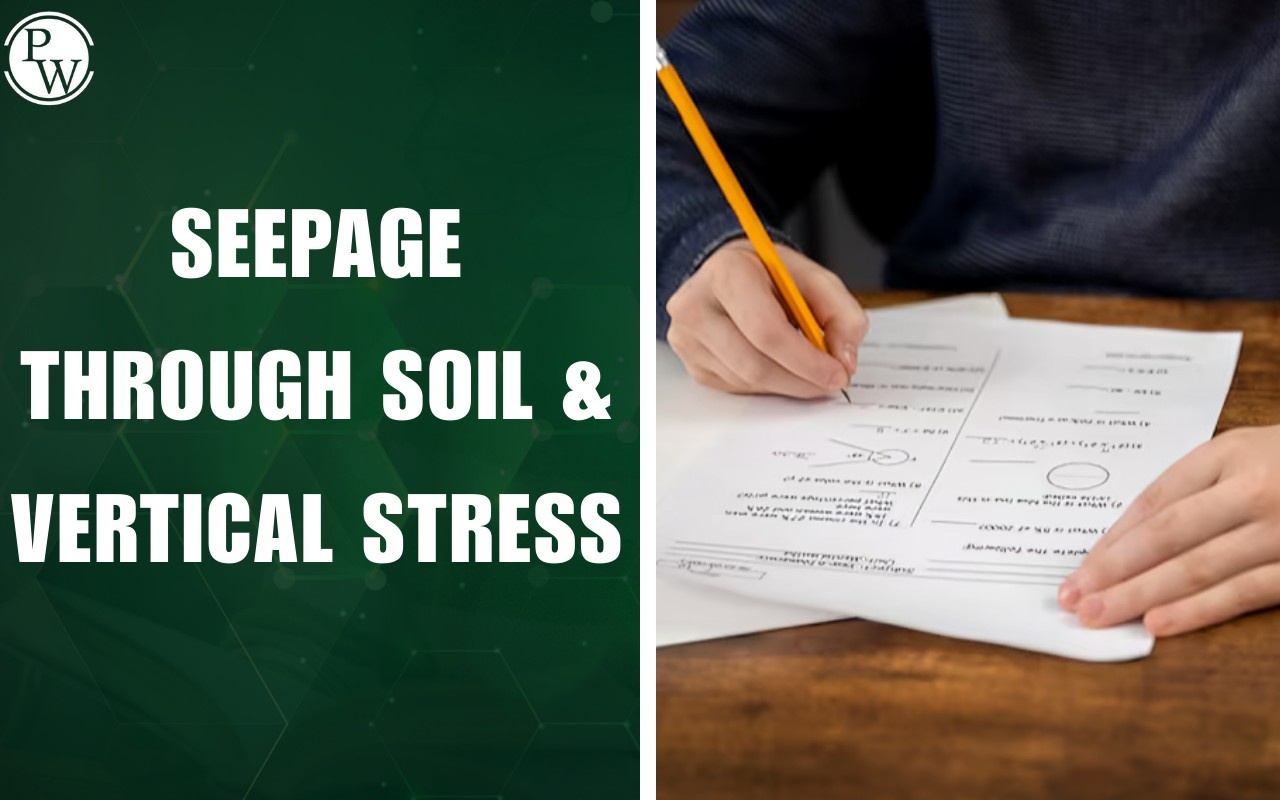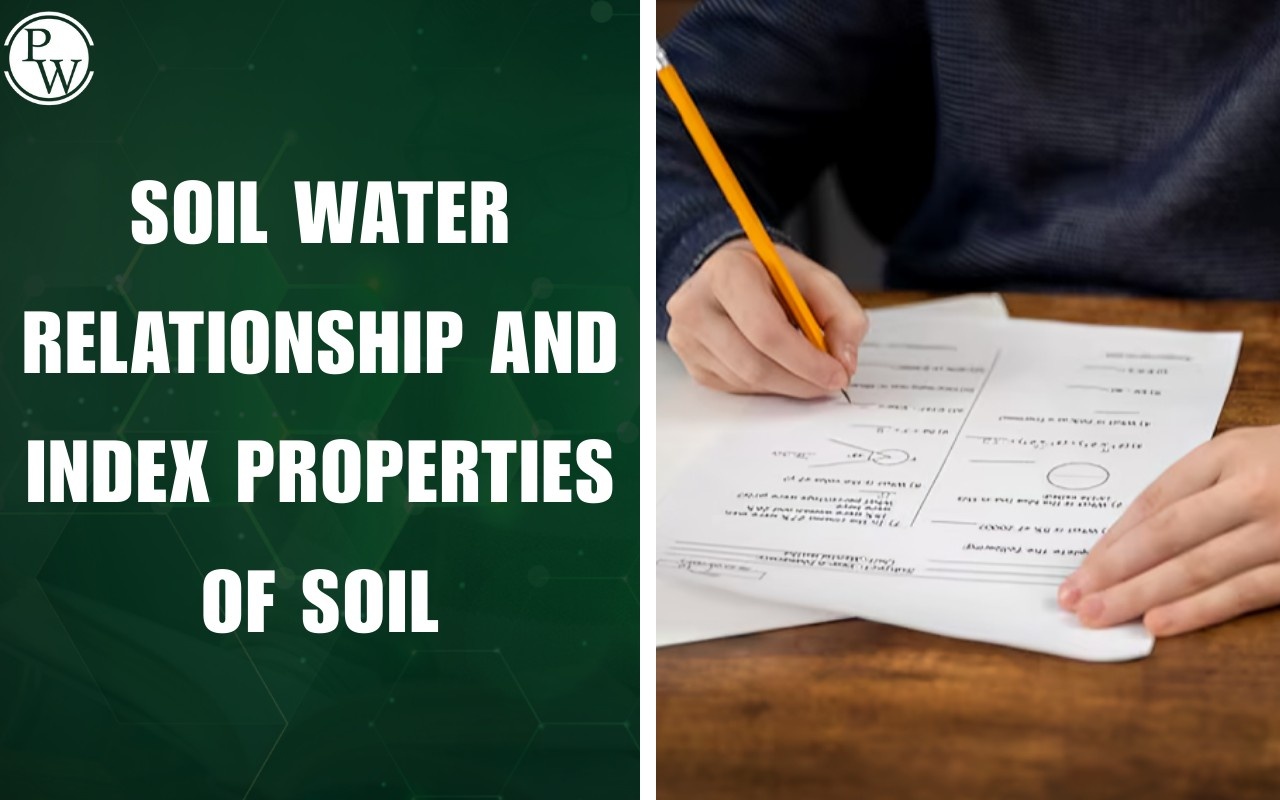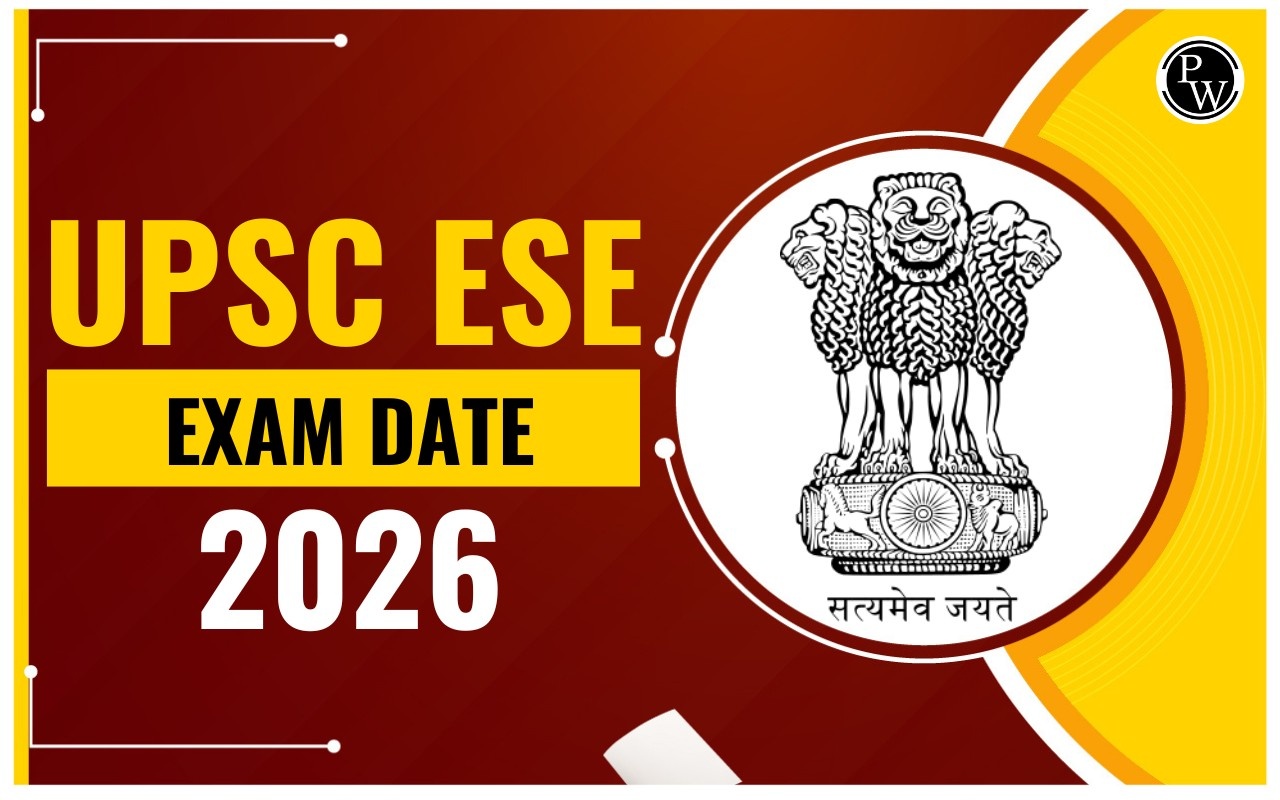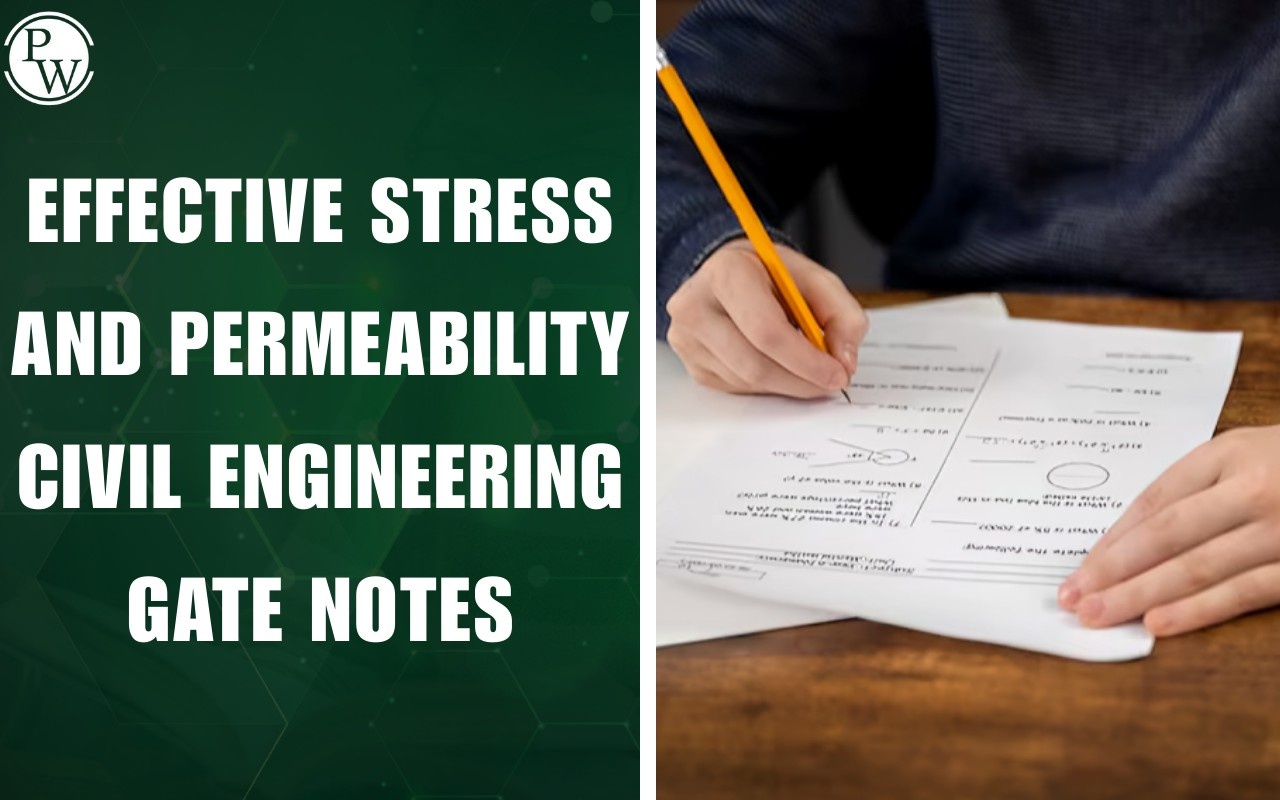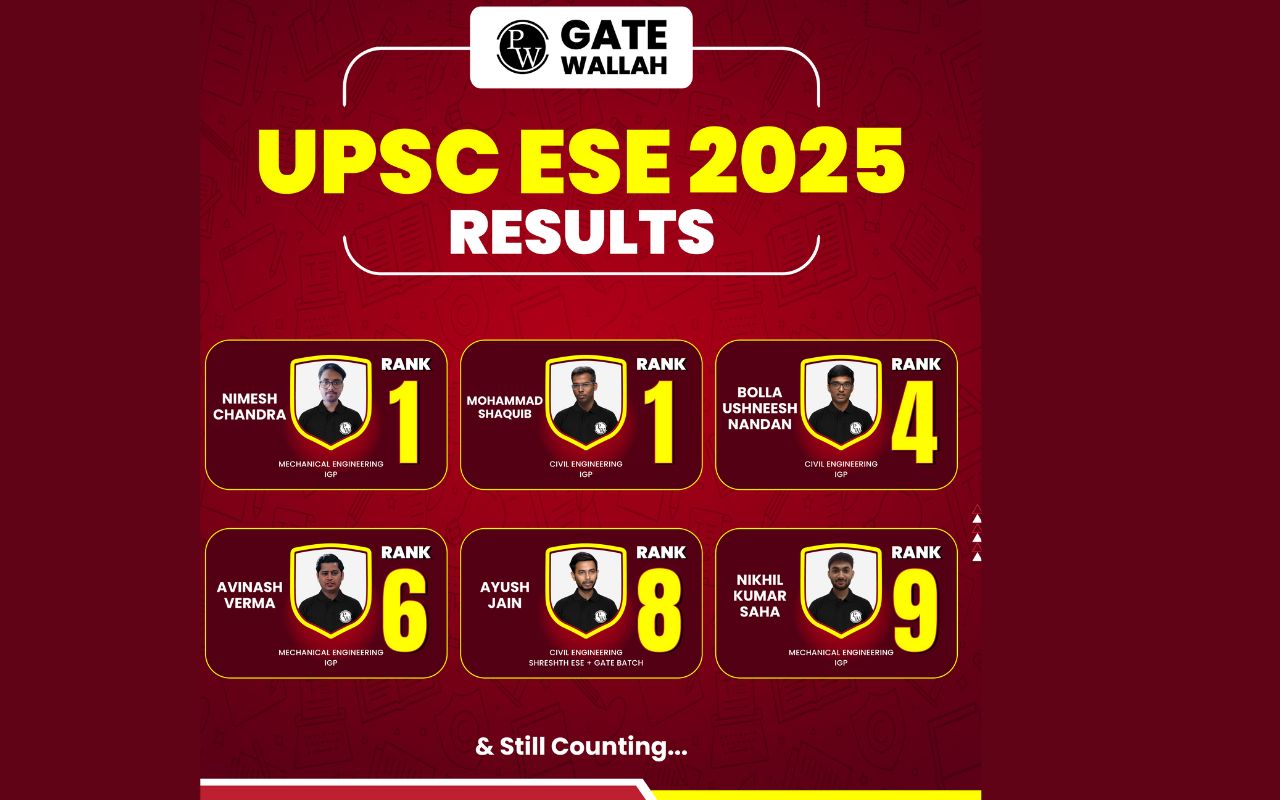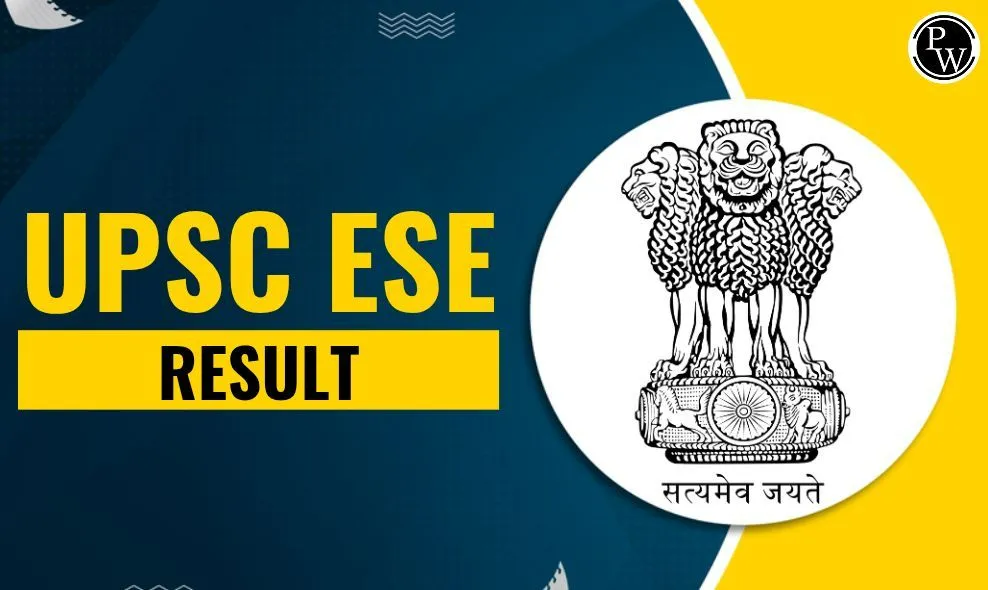
Java MCQs: The First edition of Java is one of the well-known programming languages introduced in 1995. It is an object-oriented programming language that is platform-independent and can be used on any hardware or operating system without making any modifications.
Moreover, Java programming language's most important advantage is its "write once, run anywhere" capabilities. You can also say that Java programmes can be developed for one platform and run on another without modification.
Furthermore, the MCQ quiz we provided is the ideal method for achieving success in Java questions, so use it whether you're getting ready for a job interview, boosting your resume, or brushing up on your Java. You'll have fun learning and developing your Java because of its interactive technique, interesting questions, and rapid feedback. So why wait? Start learning Java with our MCQ quiz today.
Multiple Choice Questions (MCQs) on Java Programming
It is highly encouraged that you practice Java MCQ questions to better prepare for your GATE examination. It's also a good idea to glance over previous years' examination papers to become comfortable with the Java MCQ questions and their patterns. Look out for the list of questions to help you practice effectively while you prepare.
Java MCQ Questions
1. What are the total data types in Java?
- 4
- 6
- 8
Answer: (c) In Java, there are eight fundamental data types ie, int, char, boolean, byte, long, float, short, and double.
2. In Java, the float and double sizes are 32 and 32.
- 32 and 64
- 64 and 64
Answer: (a) The sizes are 32 and 64, respectively.
3. Is automated type conversion possible in certain cases?
- Int to long
- Long to Int
- Byte to Int
Answer: (a) Int to long
4. Which one is the Java syntax?
- C++
- C
- All of the above
Answer: (c) C and C++ are both utilised as syntax in Java.
5. Who started Java?
- John Carmack Gennady Korotkevich
- The Oracle Corporation
Answer: (b) Oracle Corporation invented Java.
6. Who started Java?
- James Gosling
- Linus Torvalds's
- Turing Alan
Answer: (a) It was designed by James Gosling.
7. How long has Java been around?
- 10 Year
- 18 Year
- 26 Year
Answer: (c) Java was originally developed 26 years ago.
8. What year did Java first come on the scene?
- 23 May, 1995
- 13th of August, 2007
- 9th of April, 2001
Answer: (a) Java initially appeared on the scene on May 23, 1995.
9. Choose which is one of the typing disciplines.?
- Strong
- Weak
- Intermediate
Answer: (a) One of its type disciplines might be considered to be strong.
10. What is the most latest Java version?
- Java 17
- Java 11
- Java 18
Answer: (c) The most recent version of Java is Java 18.
11. Java's long-term support versions are Java 18 and Java 17.
- Java 18
- Java 17
- Java 8 LTS
Answer: (b) Java 17 is the long-term support version.
12. Which Java version is used for commercial purposes?
- Java 11
- Java 11
- Java 8 LTS
Answer: (c ) Java 8 LTS, which was launched in January 2019, is used for business purposes.
13. How many Java Editions are supported?
- Three
- two
- Four
Answer: (c ) four editions of Java are supported.
14. When there are limited resources, which Java platform is being used?
- ME (Java)
- SE (Java SE)
- Java 11
Answer: (a) Java ME is used to conserve resources.
15. Which of the following statements about Java is correct?
- It is a programming language that is code-dependent.
- It is a programming language that is platform-dependent.
- It is a programming language that is platform-independent.
- It is a programming language that also is platform-independent.
Answer: (d) Java is a platform-independent software program that is intended to have as few implementation requirements as possible.
16. Mention the one that isn't a Java feature?
- use of pointers
- Object-oriented portable
- Pointers
Answer: (c ) Pointers Java programming features include architectural neutrality, robustness, and security.
17. A variable name that is not acceptable in Java.?
- Keyword
- Keyword Identifier
- None of the answers
Answer: (a) keyword as a name cannot be used as a variable in Java. These are reserved terms that cannot be used to identify a user-defined variable.
18. The Java code file extension is?
- txt
- .js.
- Java
Ans: (c) The file extension code is Java
19. What is the name of the environment variable used to provide the Java path?
- JAVA HOME
- MAVEN Path
- JAVA
Answer: (a) Java HOME is used to hold the path to the Java installation.
Java MCQs FAQs
Q1. What are some common topics covered in Java MCQs of Gate Exam?
Q2. How can I improve my conceptual understanding of Java to perform better in the MCQs of the Gate Exam?
Q3. What is the best way to prepare for Java MCQs in the Gate Exam?
Q4. What are the differences between JDK and JRE?
Q5. What different kinds of variables are there in Java?

